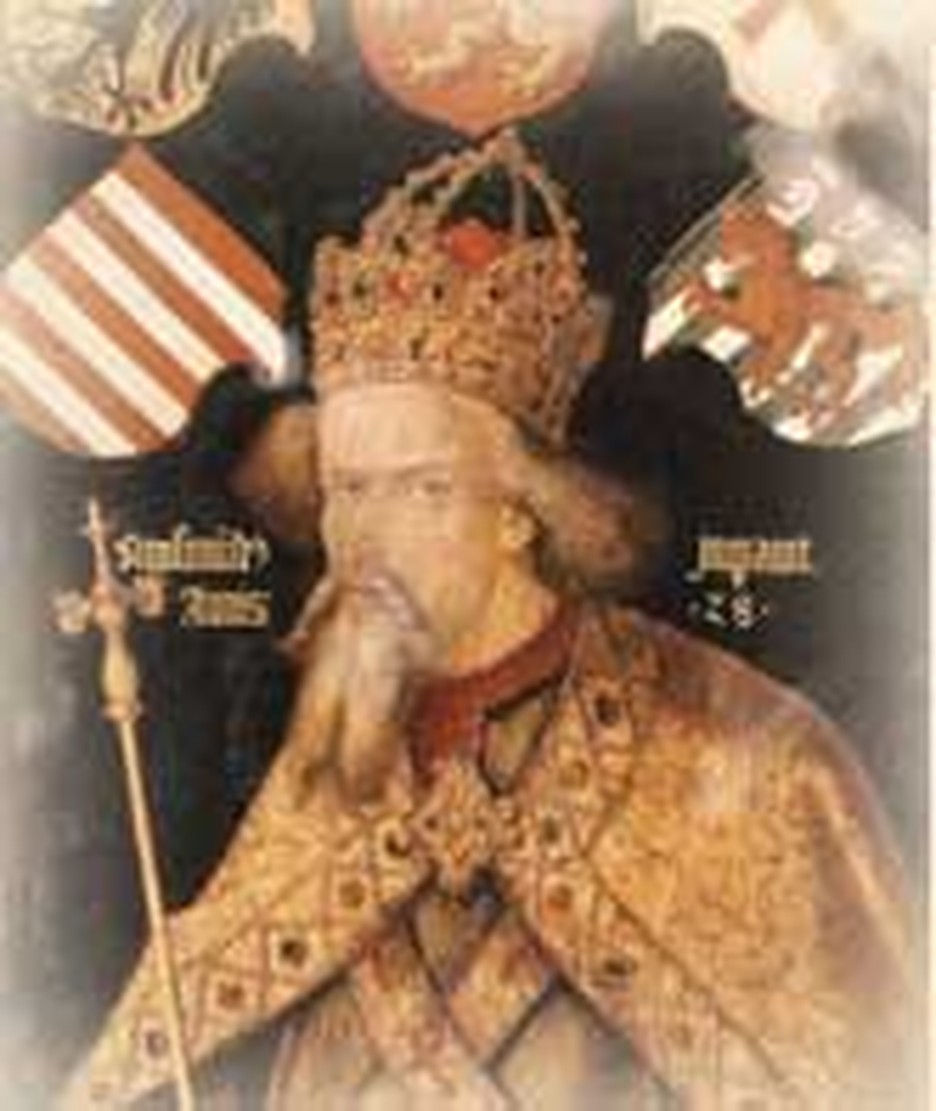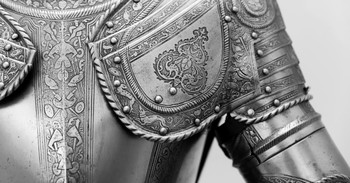
For 33 years Christendom had suffered an ongoing split. Popes in Rome and popes in Avignon claimed to be the true successors of Peter. A council held at Pisa to end the schism, worsened the problem by creating a third pope. When Sigismund became king in 1411, he had had enough. He ordered Antipope John XXIII to call a council. Reluctantly John did, dragging his heels as long as he dared. Not until November 1414 did he convoke it. 18,000 churchmen from all Europe with their retinues and camp followers (including 1,500 prostitutes) swelled the population of little Constance, site of the council.
John himself soon fled, dressed as a groom. The council was going to expose his crimes. He supposed that by leaving, he removed the council's authority over him. In this he was mistaken. The prelates simply declared themselves under the direct authority of Christ and declared that everyone, even the real Pope, whoever he might be, was bound to obey its authority in matters of faith.
John Hus voluntarily appeared before the bishops to persuade them to legitimize his Bohemian reforms. Although he arrived under promise of "safe conduct," he was seized and imprisoned by the Bishop of Constance. Told he must recant, he refused. Since his teachings were based on the work of John Wycliffe, the council condemned Wycliffe, ordering his bones dug up and burnt.
This done, the council turned its fury back on Hus. On July 6, 1415 the council condemned him "unanimously" as a heretic. (Since each of the four "nations" was given only one vote, unanimous meant four votes. Several individuals within the delegations disagreed with the decision.) Hus was burnt the same day as the vote. The following year, Jerome of Prague suffered the same fate from the bishops. He had protested against indulgences.
The bishops deposed Antipope John. The charges against him included theft, lechery, paganism, lying, simony, and treachery. John accepted the decree and was confined until 1418.
Germany and England demanded reforms. The council evaded the issues. By its hesitancy to act, it all but forced some kind of Protestant Reformation. As for Bohemia, outraged at the treatment of Hus, it revolted from the church and parts of it remained Hussite for 200 years, until Catholicism was forcibly restored by the Hapsburgs.
On April 22, 1418 the council declared itself dissolved. It had achieved its main end: removal of the three rival popes and election of another, Martin V. Ironically, Martin V, who owed his papacy to the council's authority to depose popes, immediately said that councils don't have the authority to depose popes.


